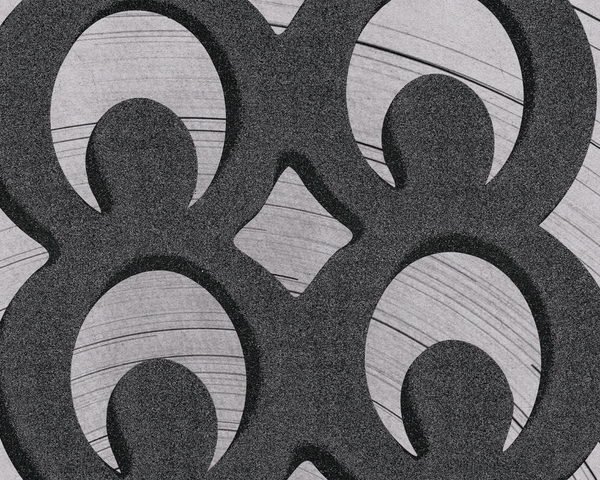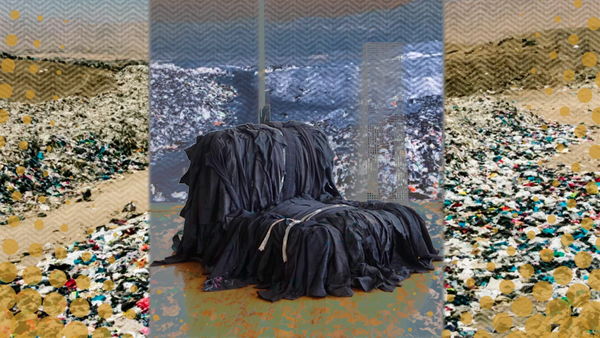Messy by Design: How Eve’s Bayou Made Chaos an Art Form
Someone will ask you one day if you've seen Eve's Bayou. You need to be able to say yes.
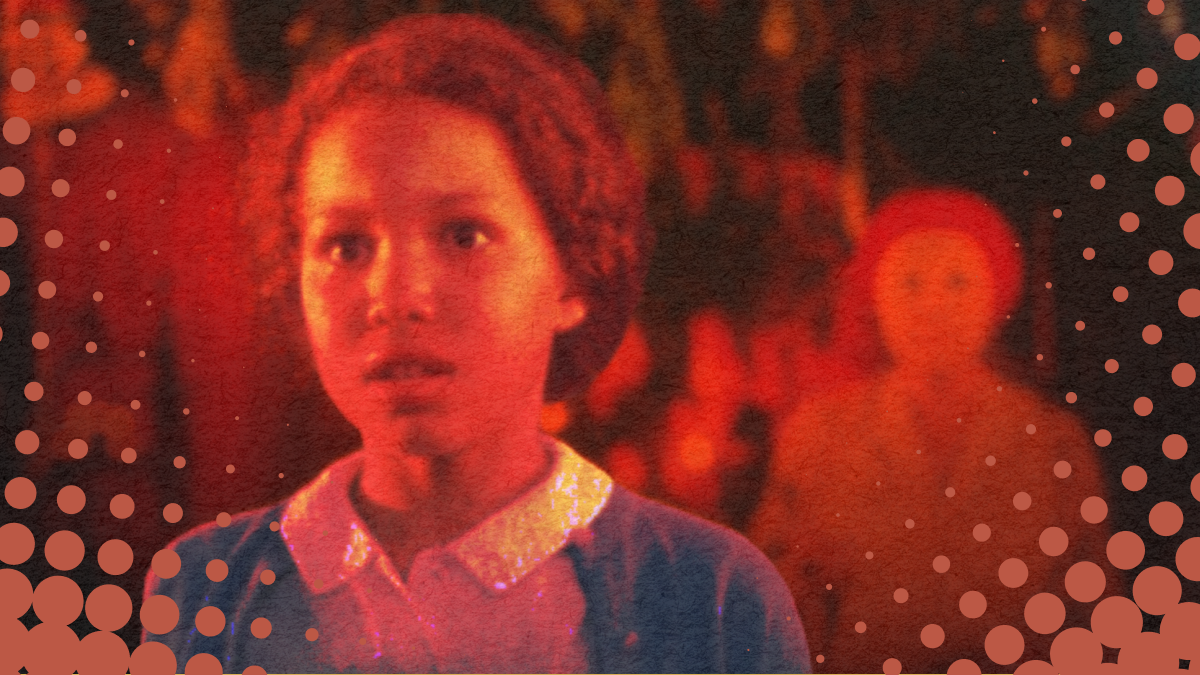
Someone will ask you one day if you've seen Eve's Bayou. You need to be able to say yes. Because Kasi Lemmons crafted cinema history as one of the first Black women to direct a feature that centers Black girls and women with such unflinching complexity. You need to see Eve's Bayou because it proves that a "literary movie" can pulse with voodoo, Kreyòl, and fabulous parties. Because it's a character-driven mystery thriller that refuses to play by Hollywood's rules about what Black stories can be.
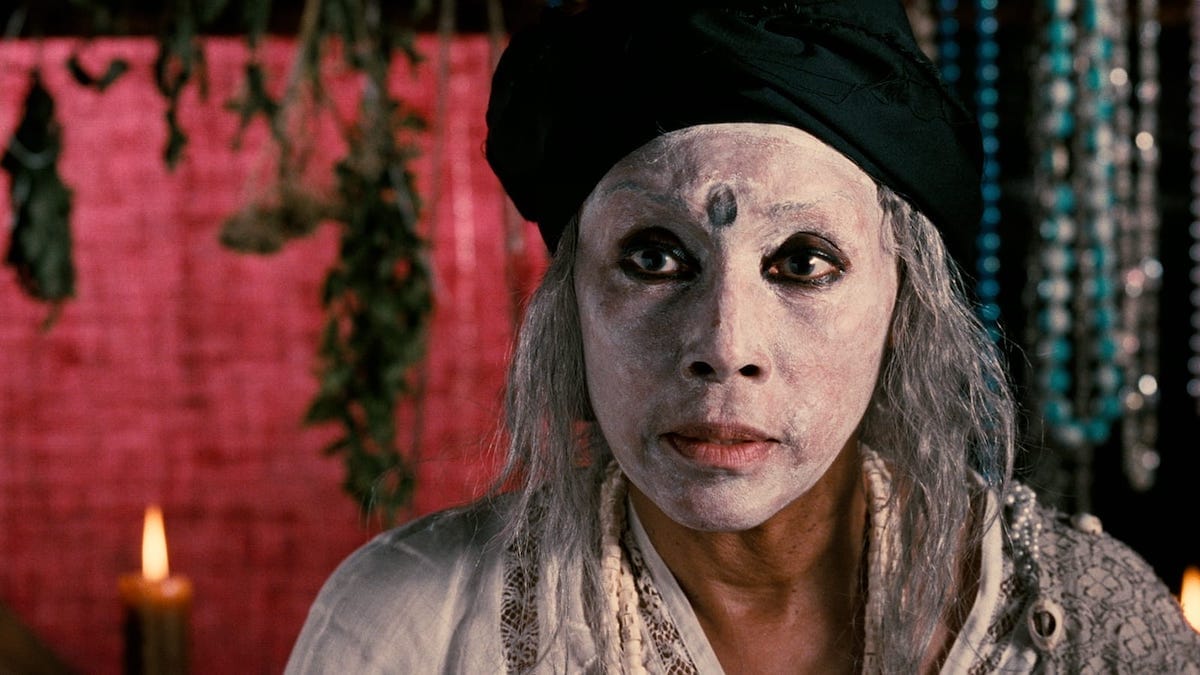
Literature, Unspooled
"The summer I killed my father, I was ten years old."
That opening line seduced me into a world where memory fractures into contradiction, truth bends under the weight of perspective, and the past bleeds into the present.
Lemmons didn't set out to make a conventional narrative. In conversation with VOCALO, she admits:
"I really believe in making personal films...I think what I was trying to prove was that I could experiment with a form that I loved—I loved movies, and I loved literature—and that I could make a literary movie and experiment with a certain type of language and make that language feel important."
This is what literary cinema demands: language that doesn't serve plot but interrogates it. Structure that mirrors the content's complexity. Eve's Bayou operates like a novel, giving each Batiste family member psychological depth and narrative space. Characters exist beyond their function in Eve's coming-of-age arc.
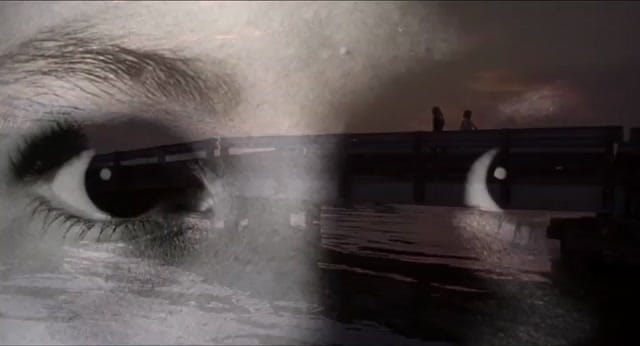
The script flows with the cadence of Southern storytelling.
"Memory is a selection of images, some elusive, others printed indelibly on the brain," the narrator tells us. "Each image is like a thread, each thread woven together to make a tapestry of intricate texture. And the tapestry tells a story, and the story is our past."
This metacommentary on memory's unreliability becomes the film's architecture. We watch competing versions of the same event. What Eve remembers at ten, refracted through adult understanding, still can't reconcile with Cicely's version, or Louis's, or the truth that exists outside all telling.
Messiness as Method
Hollywood demands clean narratives. Clear villains. Redemption arcs that resolve. Eve's Bayou offers none of this comfort.
"I wanted to explore... an inherent messiness," Lemmons explains. "And that was by design."
The film's messiness mirrors life's texture, the way families harbor contradictions, respectability masks dysfunction, the way love and damage coexist in the same breath. Louis Batiste (Samuel L. Jackson) is simultaneously the pillar of his Louisiana Creole community. He's a beloved doctor and selfish man. The film refuses to flatten him into villain or hero.
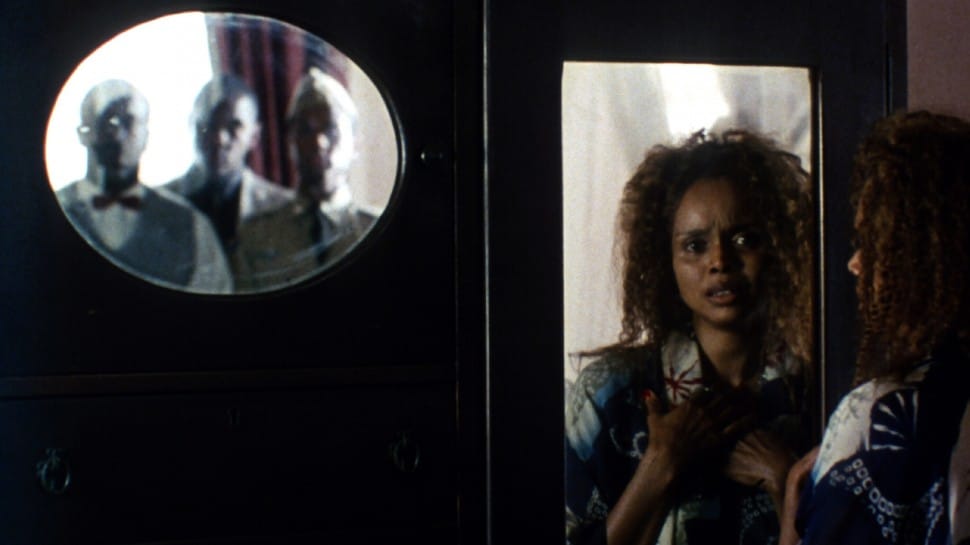
Mozelle (Debbi Morgan) carries death like perfume, three husbands lost. She reads fortunes and grieves futures. Her character exists in the liminal space between mystic and mourner, never reduced to trope.
Even young Eve (Jurnee Smollett) contains multitudes. She's a perceptive child and unreliable narrator. Victim and agent of her own story's tragedy.
This is what Hollywood so often denies Black characters: contradiction. Complexity. The full spectrum of human failure and grace. The Batistes are wealthy, educated, cultured and utterly dysfunctional. They throw elegant parties and harbor poisonous secrets.
"I'm gonna give you a Black experience that is very specific, that might not be your experience. But I think you might be able to relate to it, on a human level," Lemmons says of her intention. "I set out to make something specific that could be anybody. That was very specifically an African American family in a very specific region, but could be any family."
Twenty-eight years later, the film still says: This is what cinema looks like when Black women control the narrative. When we center ourselves.
Watch Eve's Bayou. Let it remind you Black stories can be messy and unresolved and still magnificent.


